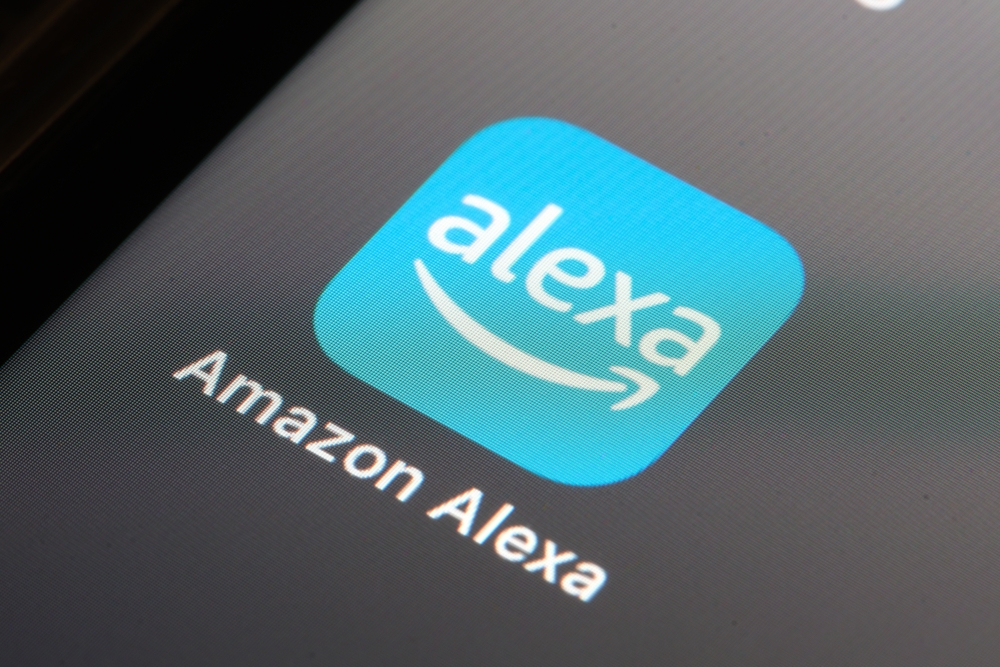Amazon plans to modernize its decade-old voice assistant Alexa by integrating generative artificial intelligence and introducing a subscription fee to offset the costs, CNBC reports. The company will roll out a more powerful version of Alexa this year, aiming to compete with chatbots based on generative AI systems, primarily Google and OpenAI services. Although access to the updated Alexa will be paid, this subscription will not be included in the $139 per year Amazon Prime membership, with the exact pricing still undecided. Alexa, once groundbreaking in 2014, now seems outdated due to recent advancements in AI.

Enhancing Alexa’s Capabilities
Last week, OpenAI introduced GPT-4o, a model that supports two-way dialogue with deeper content than Alexa. Similarly, Google launched a voice service based on Gemini. These innovations are perceived as threats to Amazon’s and Apple’s voice assistants, which are still largely limited to setting timers, alarms, and reading weather forecasts. Under Jeff Bezos, significant funds were invested in Alexa without expecting immediate returns. However, Andy Jassy, who replaced Bezos as CEO in 2021, lowered the development priority of Alexa, focusing on business optimization. Jassy himself expressed dissatisfaction with Alexa’s current capabilities, particularly after it failed to answer a simple sports query.
In response to CNBC’s question about Amazon’s plans for Alexa, Jassy referred to a shareholder letter published in April, highlighting the development of generative AI tools for Amazon’s consumer business, including a “smarter, more capable Alexa.” The updated Alexa aims to be a competitive voice assistant, justifying the resources and workforce allocated to its development. As of 2023, Amazon has sold over 500 million Alexa-enabled devices, establishing a substantial consumer base.
Challenges and Future Prospects
Apple, Amazon, and Google were pioneers in launching AI-based voice assistants, which are now outdated. Apple is expected to unveil an updated Siri at WWDC in June. Amazon employees involved in the Alexa project noted the challenges of evolving the technology, citing a shortage of skilled labor as OpenAI, Microsoft, and Google recruit from the same talent pool. AI-related workloads are also costly—one generative AI request to Alexa could cost $0.02. Opinions on a reasonable subscription fee vary, with suggestions ranging from single digits to around $20 per month. OpenAI currently charges $20 per month for access to its advanced models.
Alexa’s extensive user base presents significant financial prospects but also increases the company’s liability for AI errors or misinterpretations. Additionally, Amazon faces the challenge of being perceived as lagging in AI development. While it offers AWS cloud infrastructure customers access to several AI models, it lacks its own flagship model comparable to those of OpenAI, Google, or Meta. Amazon invested an additional $2.75 billion in AI startup Anthropic, which also received investment from Google. Despite this, Alexa will be powered by Amazon’s own larger Titan language model, notes NIX Solutions.
Former head Jeff Bezos has also voiced concerns about Amazon’s lag in AI. Despite stepping down, he remains involved and questions why AI startups prefer other cloud providers over AWS.
We’ll keep you updated on further developments regarding Alexa’s modernization and its competitive positioning in the AI landscape.
